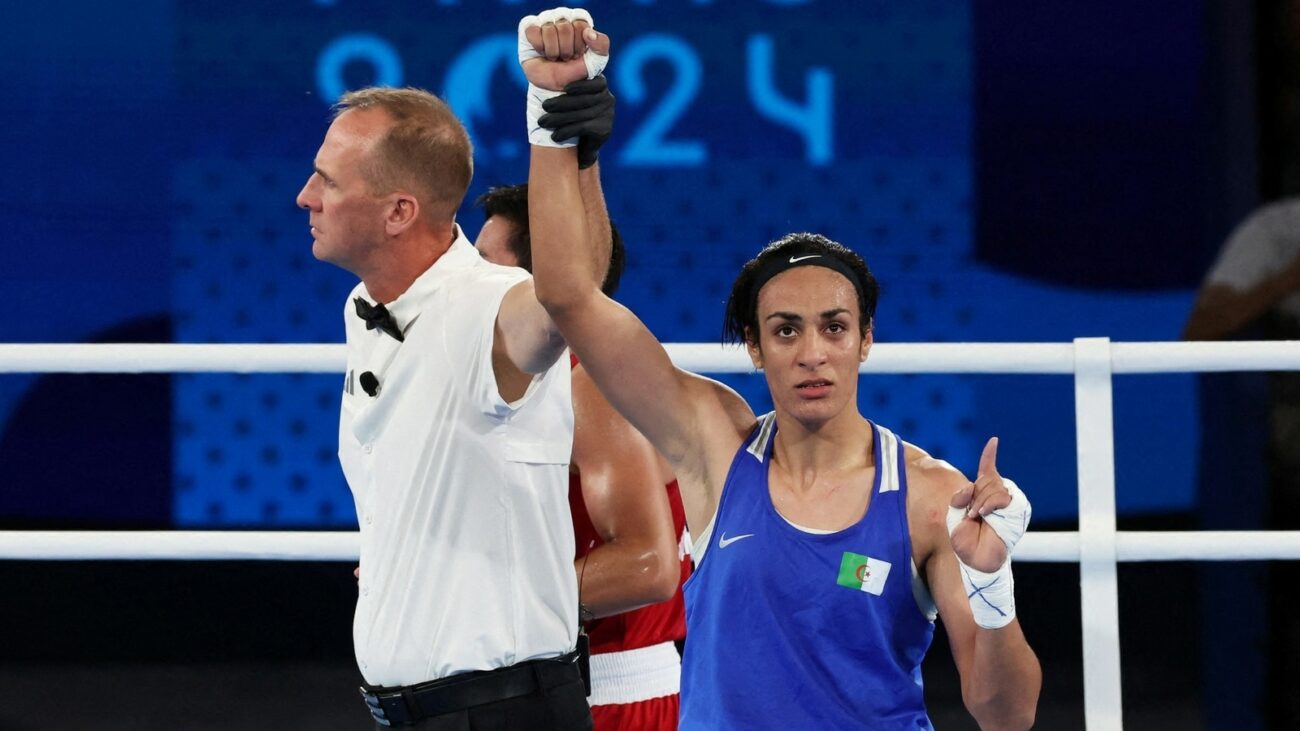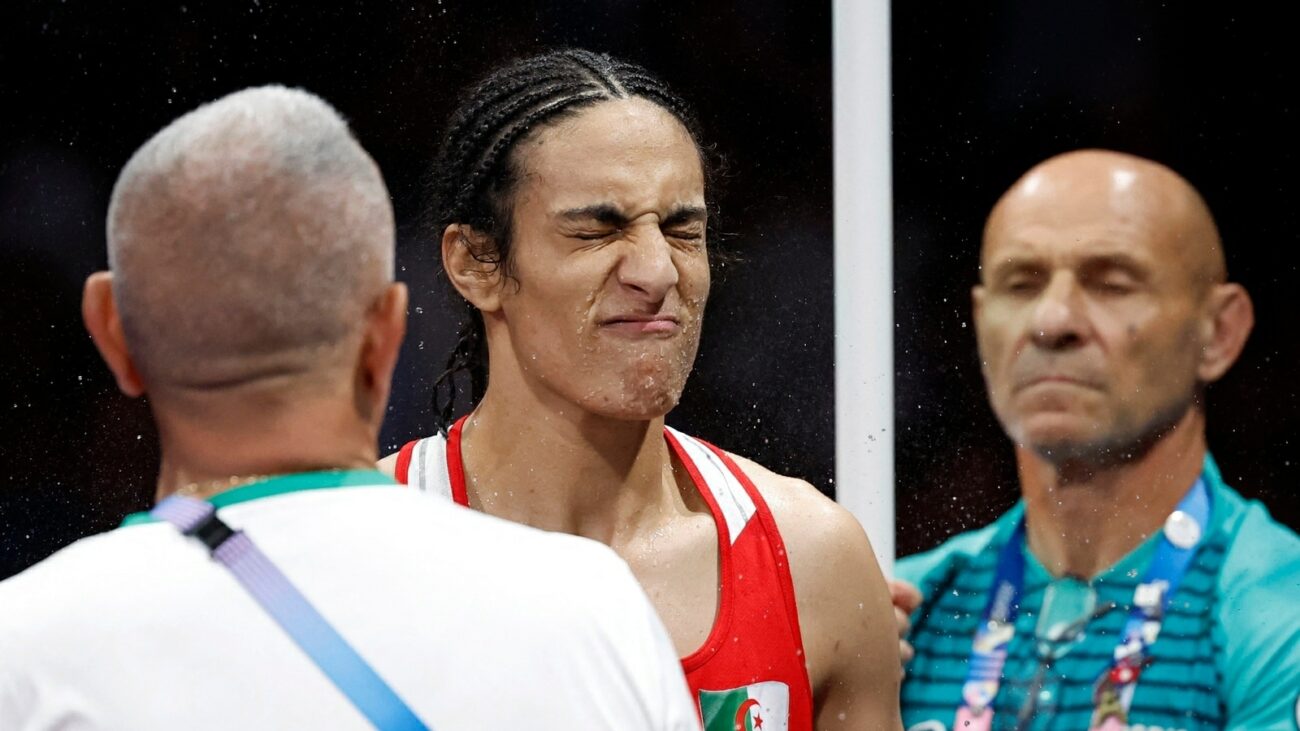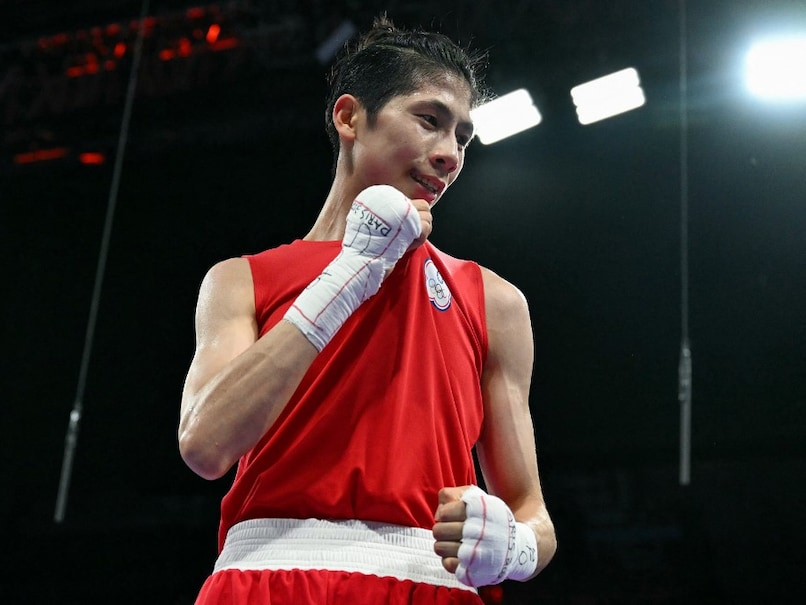Algerian Boxer Imane Khelif Advances to Olympic Final Amid Gender Controversy
The Paris Olympics has been embroiled in a gender controversy involving Algerian boxer Imane Khelif and Taiwanese boxer Lin Yu-ting. Despite the controversy, Khelif has advanced to the final of the women’s 66kg category, guaranteeing herself at least a silver medal.
Khelif’s victory over Thailand’s Janjaem Suwannapheng in the semi-final was met with thunderous applause from the Algerian-dominated crowd at Roland Garros. The 25-year-old boxer has faced scrutiny over her gender eligibility, but has been cleared to compete by the International Olympic Committee (IOC).
Khelif’s journey to the final has been marked by controversy. In her opening bout, she defeated Angela Carini in just 46 seconds, leaving the Italian in tears and with a broken nose. The incident sparked a debate about Khelif’s gender, with some questioning her eligibility.
However, the IOC has defended Khelif and Lin, stating that they were born and raised as women and have passports that reflect their gender. The IOC is organizing boxing at the Games due to concerns about the International Boxing Association’s (IBA) financial, governance, and ethical issues.
Despite the controversy, Khelif has remained focused on her goal of winning a medal. She expressed her determination to achieve her dream and thanked her team for their support. “I am very proud of this new achievement,” she said. “I gave everything I had. We worked as a team for years and the dream has become a reality.”
Khelif will face China’s Yang Liu in the final, while Lin is guaranteed at least a bronze medal in the women’s 57kg division. The gender controversy has cast a shadow over the boxing competition, but Khelif and Lin have shown resilience and determination in the face of adversity.



